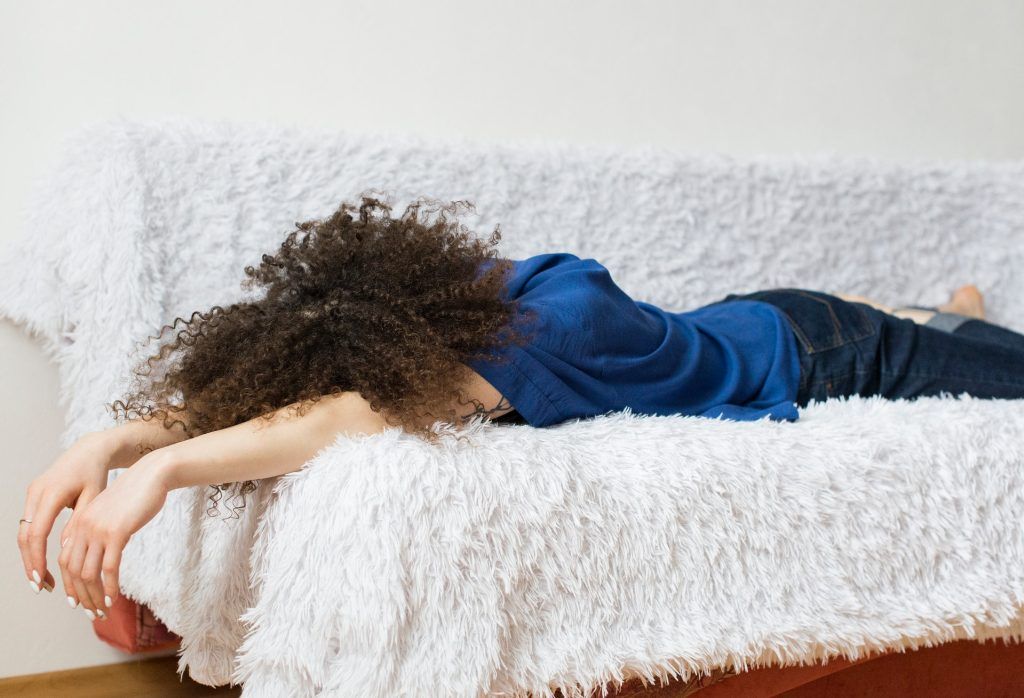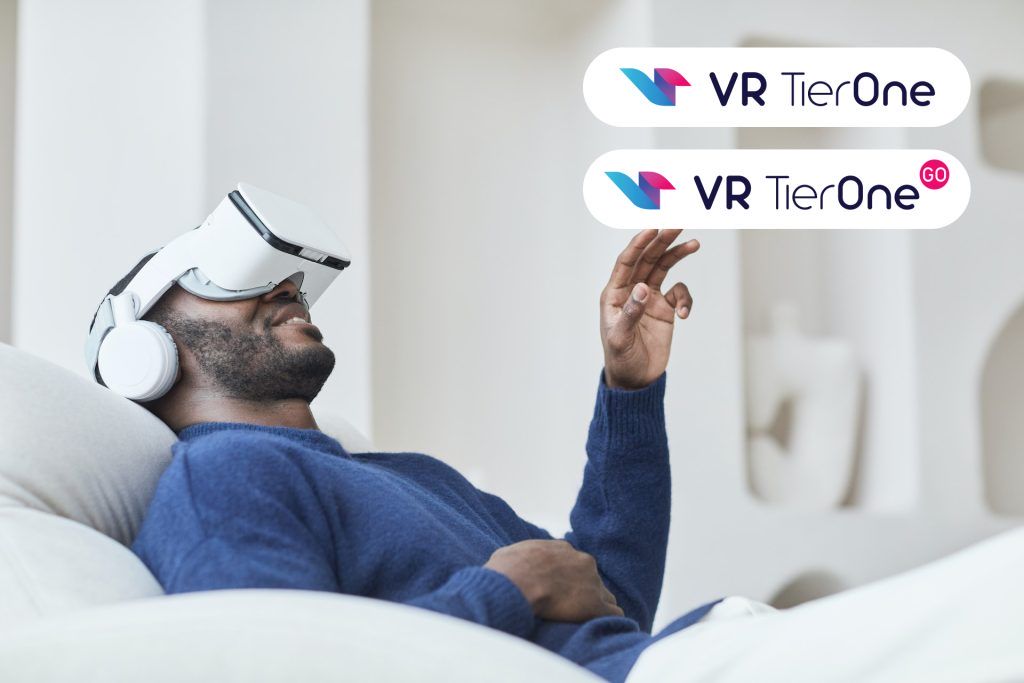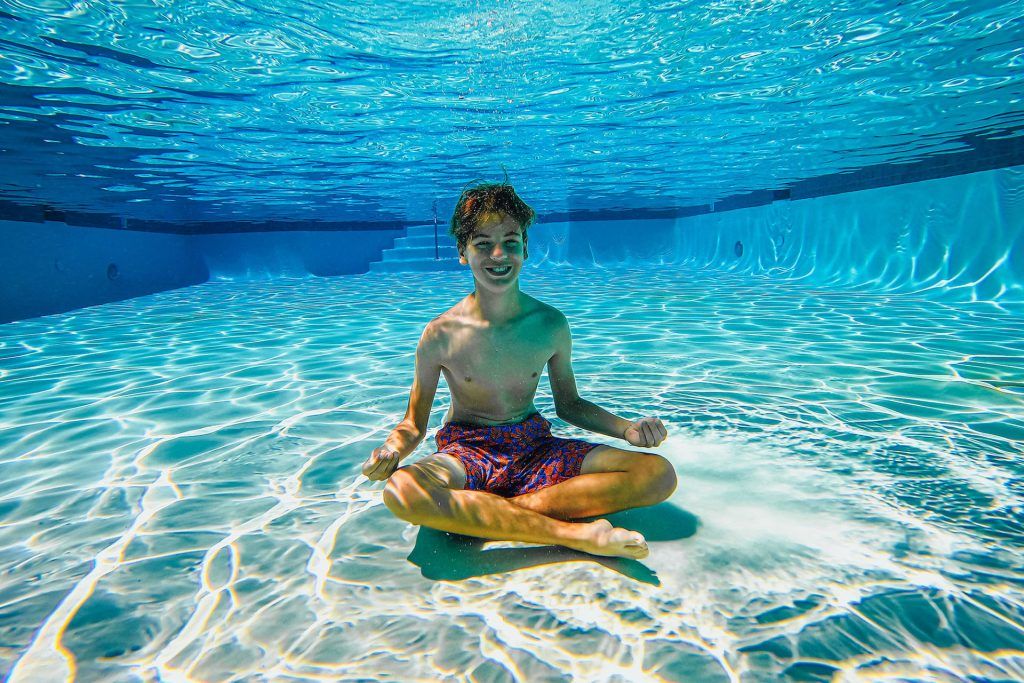On 11 March 2020, the World Health Organization (WHO) decided to pronounce the spread of the COVID-19 disease a pandemic. The new situation forced us to look for ways to prevent infections, save lives and minimize the impact of the disease. Patients who have defeated the coronavirus experience a range of health issues known as Post-COVID syndrome. To a large extent, the consequences relate to mental health, which is why patients after COVID-19 may soon constitute a significant group of patients in psychotherapeutic practices. In the face of the catastrophic factor of the pandemic and the stressor of a disease that is feared throughout the world, it is not surprising that there is an urgent need to help the psyche of convalescents in centers treating the effects of COVID-19.
We still don’t know all of the COVID-19 consequences, but we already know that they could be long-term. Long COVID-19 is a term used to describe the state of prolonged recovery after the infection. It is also the reason that makes the convalescents worried, and prompts them to seek assistance. In line with the growing need, the design of services dedicated to convalescents began. Rehabilitation stays are offered for people who complain of Post-COVID physical and psychological complications.
Traces of illness
The negative consequences of falling ill with the harmful factor SARS-CoV-2 concern not only the respiratory system. The resulting inflammation may affect the tissues of not only of the lungs, but also of the brain and heart. Complications caused by the virus concern blood vessels, therefore richly vascularized organs such as the kidneys and liver may also become at risk of failure. Damaged organs pose an increased risk of future health problems. Occurring thrombotic complications pose a further risk of infarction and stroke. Traces of the disease are not limited to a decline in respiratory fitness and physical endurance. The persistent bothersome symptoms after COVID-19 include:
- chronic fatigue,
- issues with memory, orientation and concentration,
- depression,
- anxiety,
- vertigo,
- motor coordination disorders,
- loss of smell or taste
The above-mentioned symptoms reported and persisting over time may concern all groups of patients, even those who have had mild or asymptomatic infections.
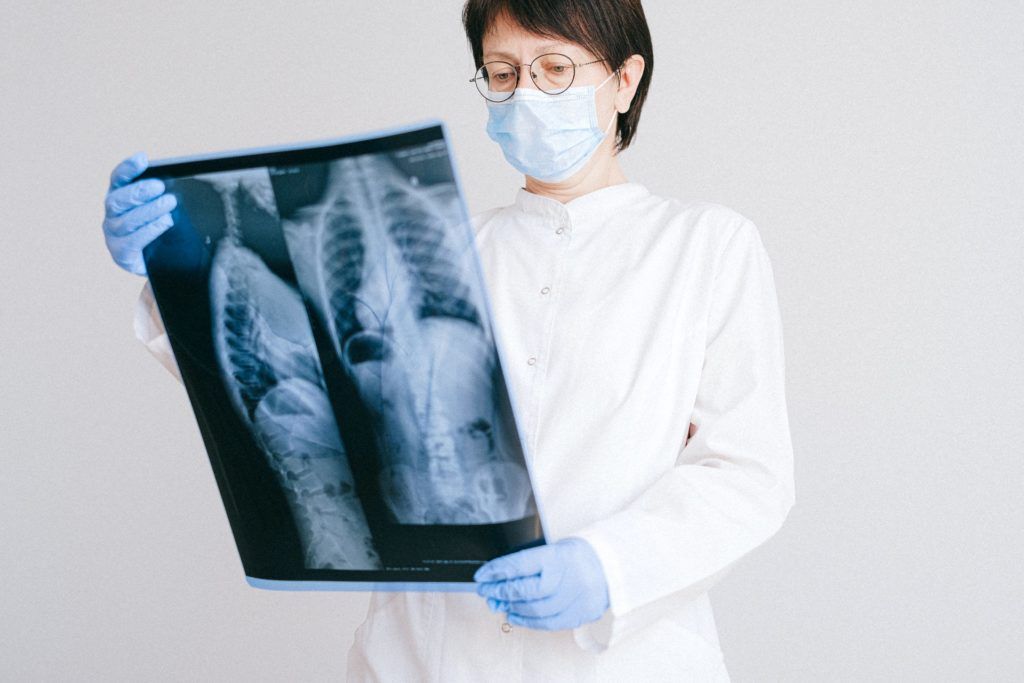
The problem of convalescents
Problems of a psychological and neurological nature became a serious issue for convalescents. Since the outbreak of the pandemic, there were concerns that survivors of COVID-19 will be exposed to neuropsychiatric consequences. These concerns were justified based on the monitoring of patients, who were infected with other coronaviruses and faced precisely such consequences. Once physical symptoms were no longer dominant, the real problem for convalescents is their cognitive impairment known as brain fog, which includes, but is not limited to, a decline in thinking speed, difficulty concentrating, and confusion.These symptoms imply a decrease in self-confidence and worsen the quality of functioning. For professionally active survivors, such symptoms of intellectual disability are quite a handicap and form a source of frustration. The body affected by cognitive impairment needs rest, and it is advisable to exercise the brain at the same time. The VR TierOne medical device can provide relaxation and training of cognitive functions required to improve the cognitive condition of people after COVID-19 disease.
Help after COVID-19
Medical centres are expanding their activities with an offer dedicated to people, who are struggling with the health consequences of coronavirus infection. COVID-19 disease has consequences for mental health, which is why rehabilitation packages for convalescents include psychological support in their program.
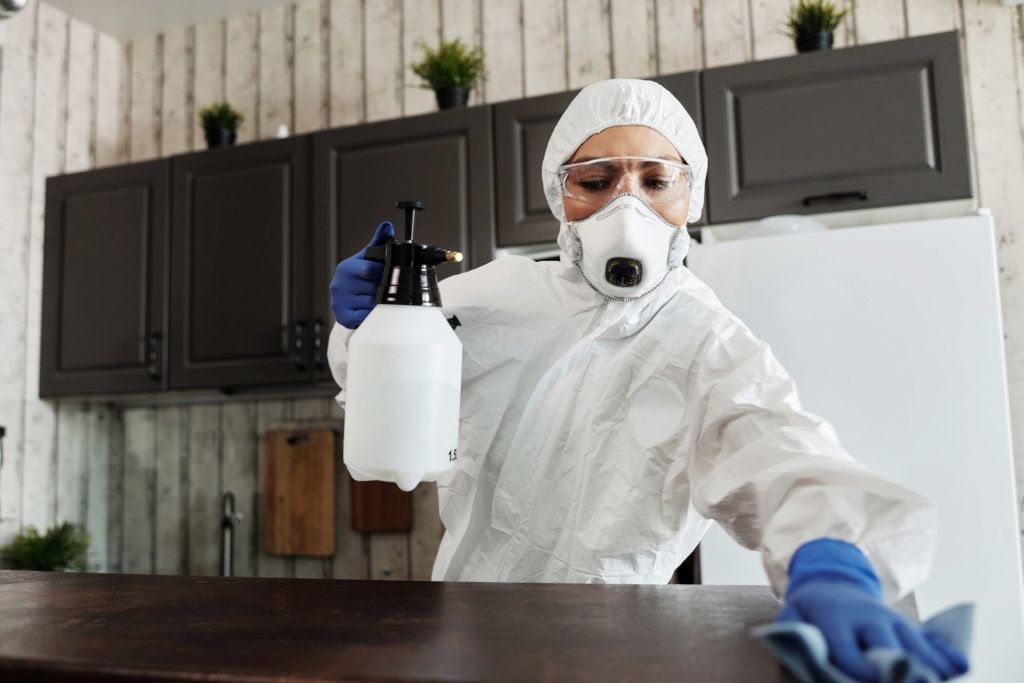
It should be expected that not only the disease, but also the necessity to apply preventive measures to prevent the spread of the disease (isolation, quarantine, social distancing, prohibition of moving, leaving the home and the need to use personal protective equipment) will have adverse effects on mental health. Patients after COVID-19 are at risk of mental disorders. Convalescents require psycho-intervention both in consequence of the disease and its treatment. The experience of hospitalization in the intensive care unit, the need to undergo intubation and artificial ventilation leaves anxiety and carries the risk of post-traumatic stress disorder (PTSD). Mental health assistance plays an important role in the comprehensive treatment and prevention of COVID-19 complications. That is why VR TierOne, as a mental health support, finds its place in clinics treating the effects of COVID-19.
New reality
The new reality the convalescents find themselves means not only inferior physical condition, but also lack of energy and a feeling of being overwhelmed. Medical services must adapt and be adequately resourced to meet the need for treating the effects of COVID-19, including treating depression, anxiety and stress. The new reality can look much better thanks to the use of VR TierOne virtual therapy in the treatment process of COVID-19 effects. The innovative device successfully supports comprehensive rehabilitation aimed at remission of the effects of COVID-19. VR TierOne therapy was included in the program of the first Polish rehabilitation course for convalescents conducted at the Specialist Hospital of the Ministry of Interior and Administration in Głuchołazy.Therapy opens the patients and is the first step to start working with the patients so that they can implement the rehabilitation program. Diverting attention from negative experiences with the help of therapeutic elements: stories, tasks, music and a virtual garden helps to improve well-being and has positive impact on the patients’ involvement in rehabilitation. Increased motivation to planned exercises that require effort from the patients makes the patients make the most of their rehabilitation stay. HIgher physical activity is not enough.
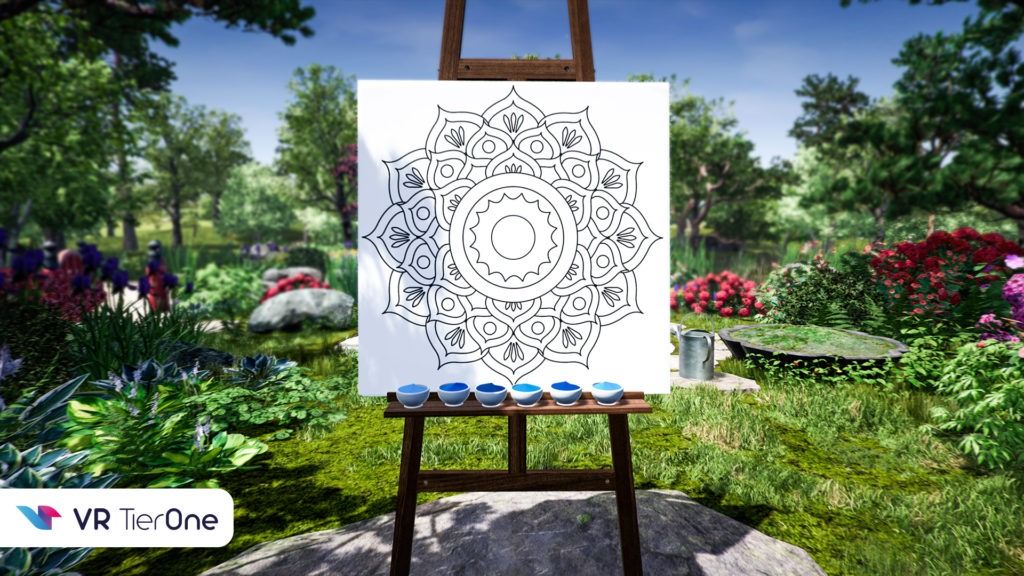
The therapeutic tasks supporting impaired memory, attention and concentration deficits allow for cognitive activation in the virtual world, and overcoming symptoms often referred to as brain fog. Virtual scenery offers the possibility of communing with an aesthetic garden, which in the case of a deficit of nature due to isolation brings additional positive effects for the psyche of recovering patients. What is equally important in Post-COVID rehabilitation as endurance training and breathing exercises are, is the mental relief. VR TierOne ensures the psychological well-being of patients and supports the effectiveness of rehabilitation activities. For medical personnel, it equals comfortable work both with the device and with a motivated patient. VR TierOne allows for a decrease in levels of stress, depression, anxiety and cognitive disorders, and an increas in the motivation and effectiveness of comprehensive Post-COVID rehabilitation.




